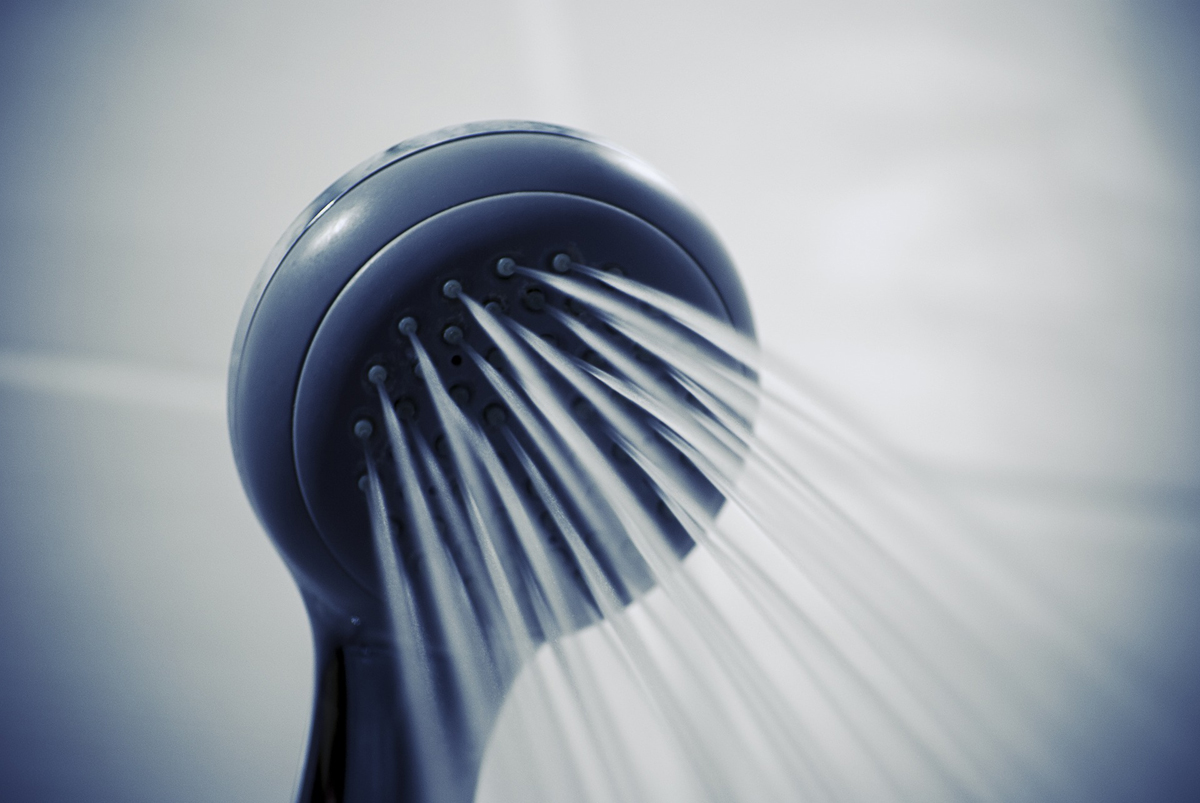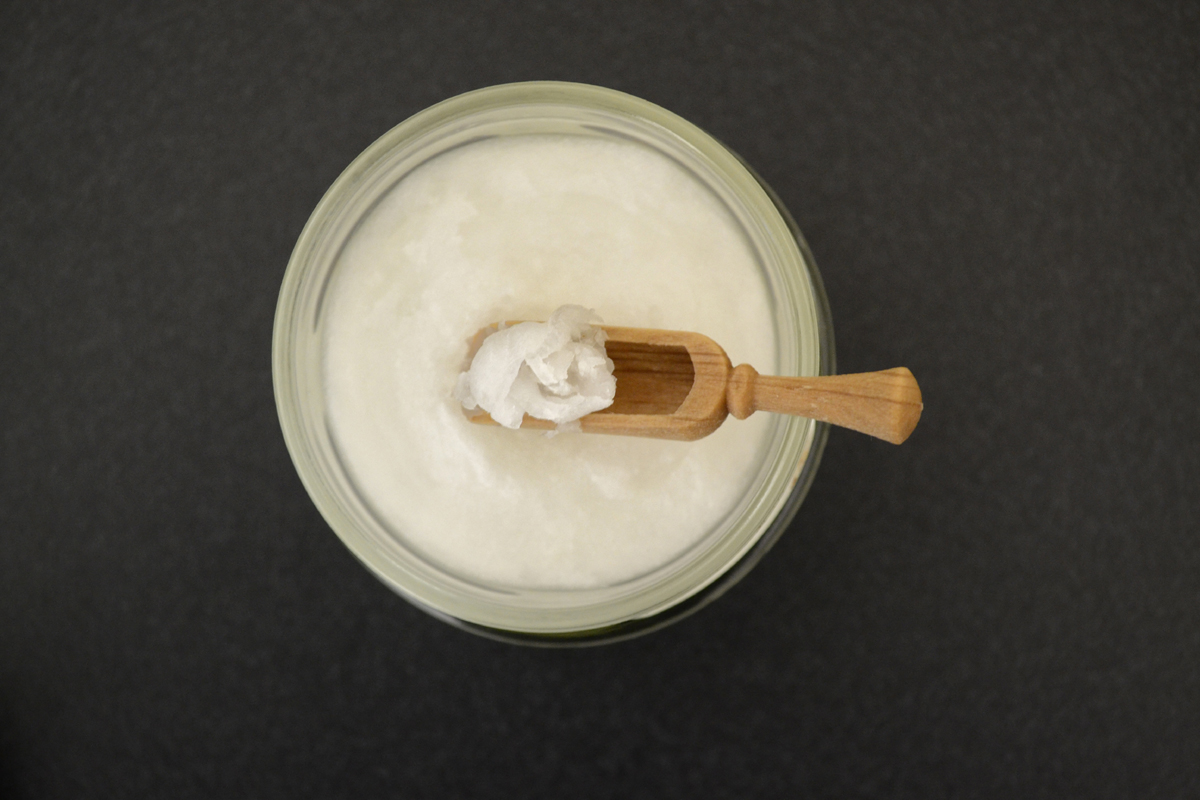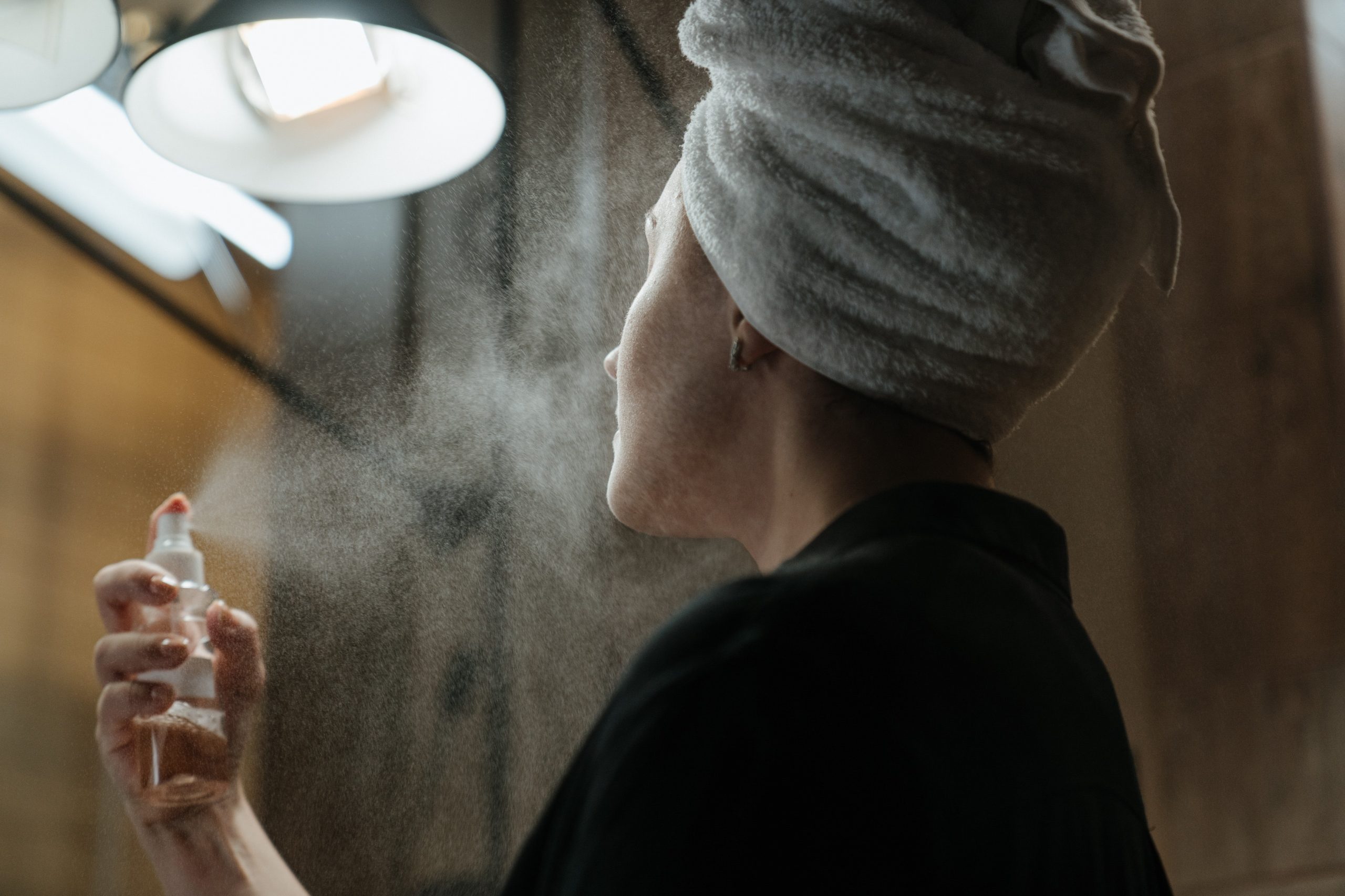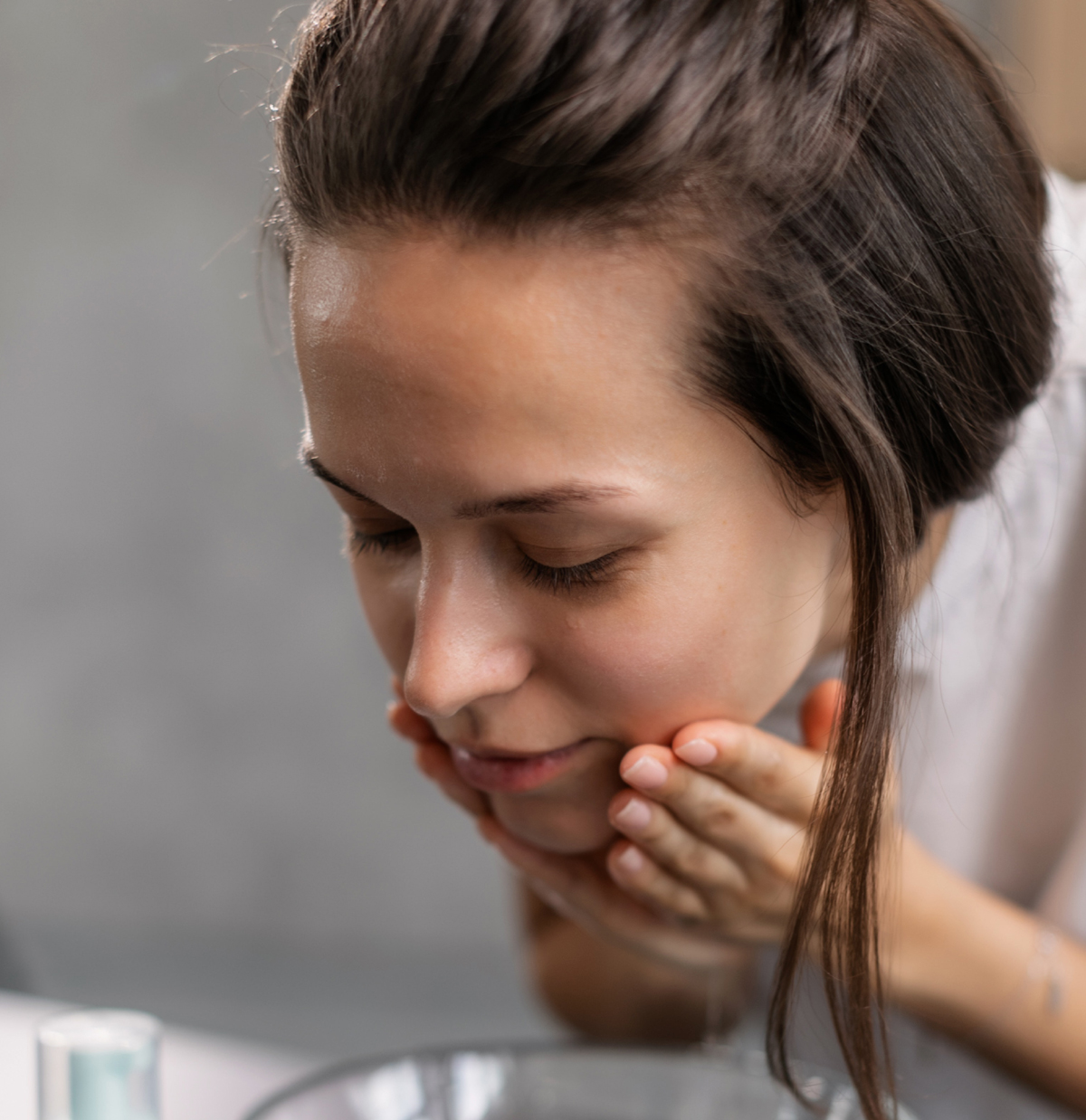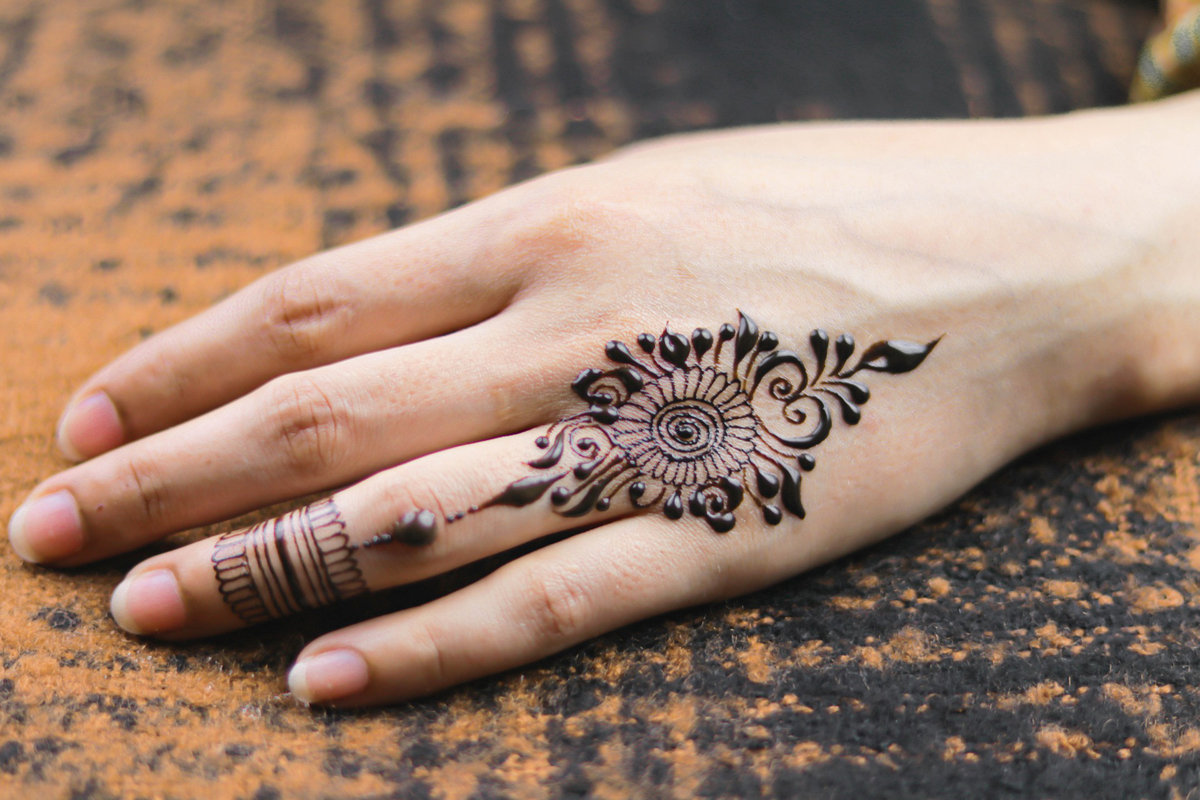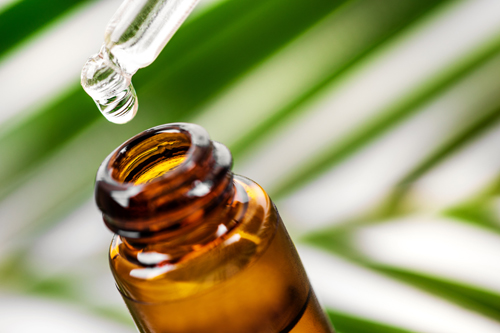Fighting Winter Skin Woes

When the temperature outside drops and the temperature inside rises, your skin is under assault. Low humidity, coupled with heavier clothing, and longer, hotter showers and baths can leave your skin feeling dry and itchy. Most people start slathering on lotion and hope for the best, but there are more effective ways to prevent and combat winter skin.
“Your skin is stripped of moisture during the cold winter months, which is why it’s so important to seal moisture into the skin to prevent dryness and cracking,” said dermatologist Marianne O’Donoghue, M.D., Associate Professor of Dermatology, Rush-Presbyterian-St. Luke Medical Center, Chicago. “This is the perfect time of year to adjust your skin care and moisturizing routine.”
The skin is made up of several layers of cells and thousands of oil glands. The oil that the glands produce keeps the skin from losing moisture and makes it supple and soft. But your skin is constantly losing moisture into the air and every time you wash your skin, you strip away much of the oil, letting more moisture evaporate and drying the skin. However, in humid conditions, the skin can replenish itself by soaking up moisture from the air. So, when the humidity drops, as it does in many places in the winter, your skin loses another opportunity to moisturize itself. Couple that with the low humidity of indoor heating, and hotter showers and baths, and your skin can become dry and irritated.
Face Saving Tips
To keep your face from feeling the effects of winter’s drying weather and to continue protecting it from sun damage, Dr. O’Donoghue recommends the following:
Wash your face with lukewarm, not hot, water and a mild facial soap.
Remember to continue using a sunscreen of at least SPF 15 during the winter months. The snow reflects UV light, so you are still at risk for sun damage.
If you have oily skin, don’t assume you automatically need a moisturizer. Your face may feel tight after you wash it. Wait 20 minutes and if your face still feels tight, use a moisturizer only where you feel dry.
Those with acne should reconsider their skincare regimens. Continue to use topical treatments, but modify them slightly. For example, if you use Retin-A, ask your dermatologist to switch you from the gel to the more moisturizing cream formulation.
Be careful to not overuse products containing alpha-hydroxy acids. They exfoliate the top layer of the skin, which is good for dry skin, but they leave the new layer of skin unprotected to the bitter winds.
Don’t forget to protect your lips. Look for a lip balm with an SPF in it to help prevent chapped lips.
Winter Body Basics
Winter stressed skin is also common on the rest of the body. In fact, severely dry skin is less effective at providing a barrier against infection and can split and bleed, creating a greater chance for an infection. Dr. O’Donoghue recommends the following skin care tips for caring for the rest of the body:
Bathe or shower in lukewarm -not hot- water. Hot water removes natural oil from the skin, making it dry and itchy.
Limit your showers to 10 to 15 minutes.
Add bath oils to your water if you must take a hot bath.
Use mild soaps. Try to avoid deodorant soaps, as they can be more drying to the skin.
Apply moisturizers to skin immediately after a bath or shower while your skin is still wet. Putting on a cream, ointment or lotion helps trap the water in the upper layers of the skin and decreases dryness and itching.
→ Combat Winter Gloom with a Citrus Spa
Shave using lotion or hair conditioner instead of shaving foam.
Dab petroleum jelly on problem areas to seal in moisture and heal very dry skin.
After washing your hands, immediately put on hand cream to seal in moisture.
Consider purchasing a humidifier to keep the humidity in your home higher during the winter.
The Author:
The American Academy of Dermatology, founded in 1938, is the largest, most influential, and most representative of all dermatologic associations. With a membership over 13,000 dermatologists worldwide, the Academy is committed to: advancing the science and art of medicine and surgery related to the skin; advocating high standards in clinical practice, education, and research in dermatology; supporting and enhancing patient care; and promoting a lifetime of healthier skin, hair, and nails. For more information, contact the AAD at 1-888-462-DERM or http://www.aad.org
Reprinted With Permission
Photo. Ri_Ya
Let’s spread the love! Tag a friend who would appreciate this post as much as you did.


